News Stories You Can Use
The 2-Year Treasury Yield Is Scary. How It Weighs on Stocks.
Higher Interest Rates Means More Spending
Barron's
FCC move to restore net neutrality sets stage for familiar fight
FCC Is Going Far Beyond Its Authority
Roll Call
Congress Could Overturn a New Rule Limiting Credit Card Late Fees. Good.
Card Holders May See Higher Interest Rates If the Rule Stands
Reason
House Republicans confront fight over FISA reauthorization
Johnson Sold Out Americans' Fourth Amendment Rights
CNN
FreedomWorks Sends Letter in Support of Stalled Tax Bill
In an attempt to push the Senate to move on the Tax Relief for American Families and Workers Act, Adam Brandon, FreedomWorks president, sent a
FDA and Failure to Reduce Harm
If there are two things the bureaucracy does well, they are overreaching and just plain not getting the job done. Such is the case with
Freedom Working Daily
If You're Born American, You're the Envy of the World
Op-Ed by John Tamny
Check Us Out on YouTube
New Videos each week!
Grassroots Nation

Grassroots Nation









Featured Clips
Some People Love Us
Freedomworks is a group that doesn't have a special interest. Their interest is the grassroots, the constitution, and limited government.
I began as a volunteer in the Tea Party movement. If were not for FreedomWorks, I wouldn't have run for office. Thanks to FreedomWorks' help, Jefferson County went from a single GOP elected representative to almost entirely red.
Freshmen lawmakers in Washington owe much of their political success to FreedomWorks, but so do a vast army of activists across the country.
[FreedomWorks] is making a difference. What's happening in Washington we're starting to see Republicans stand up and fight.
Top 2 Legislators
- Lifetime Score 97.4%
- Session Score 91.7%
- Lifetime Score 98.1%
- Session Score 100%
Bottom 2 Legislators
- Lifetime Score 15%
- Session Score 66.7%
- Lifetime Score 16.3%
- Session Score 0%
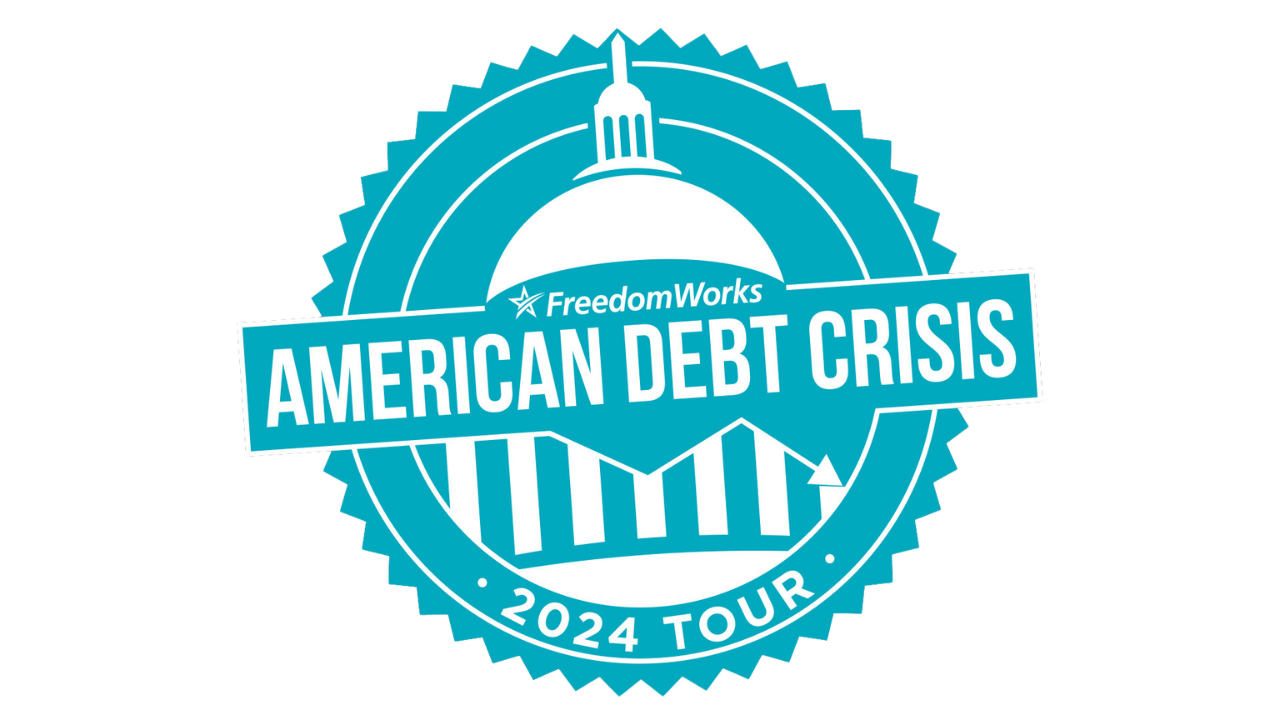
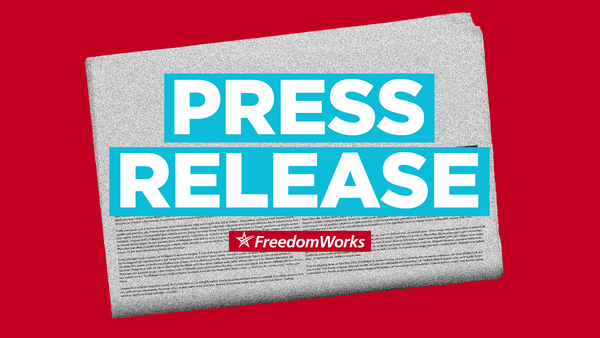

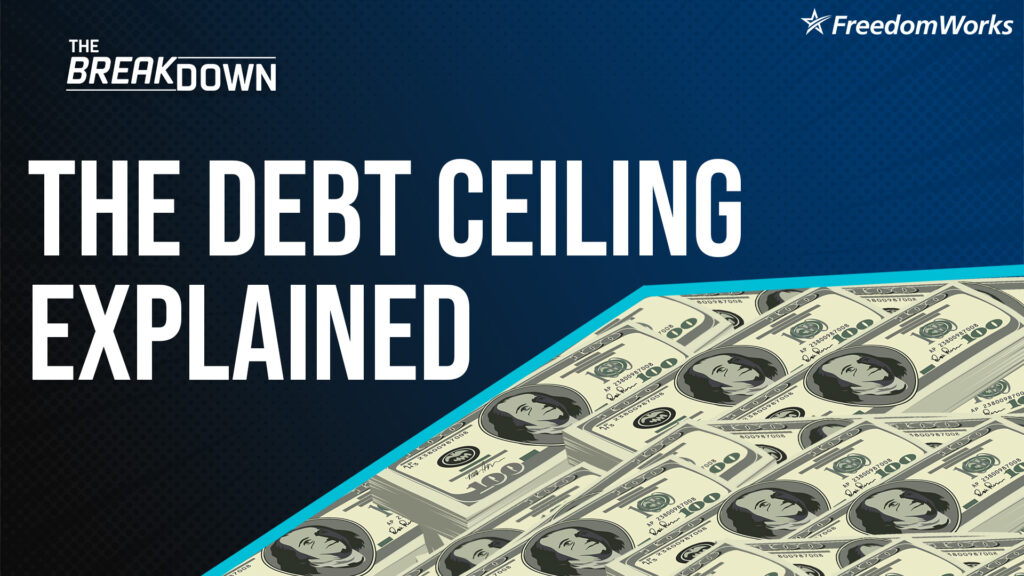
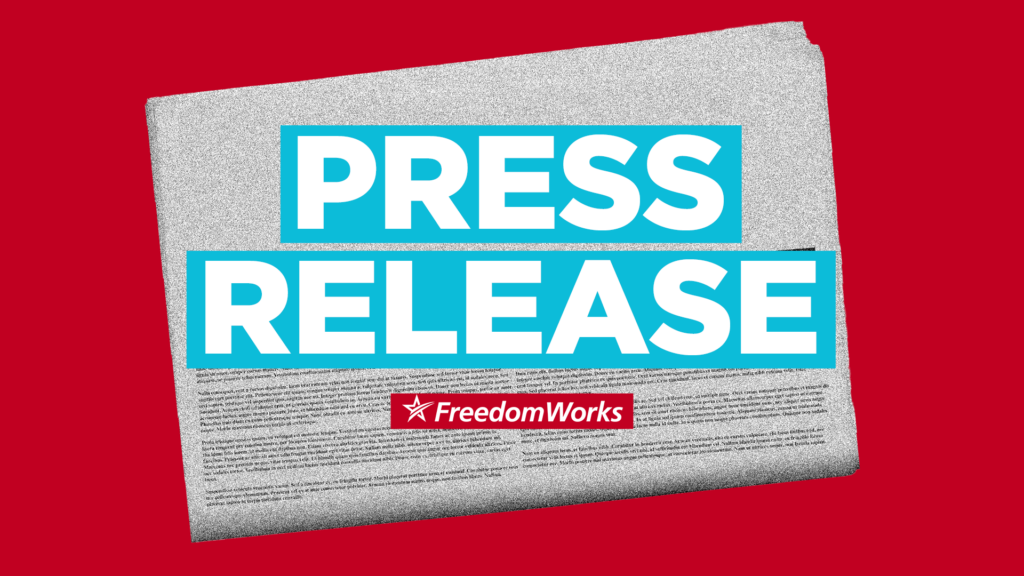


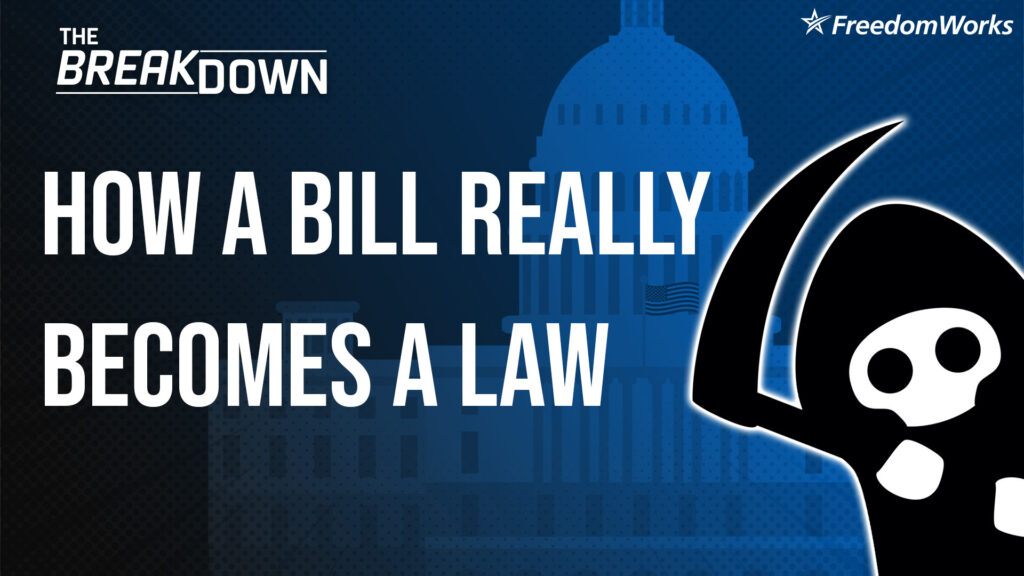
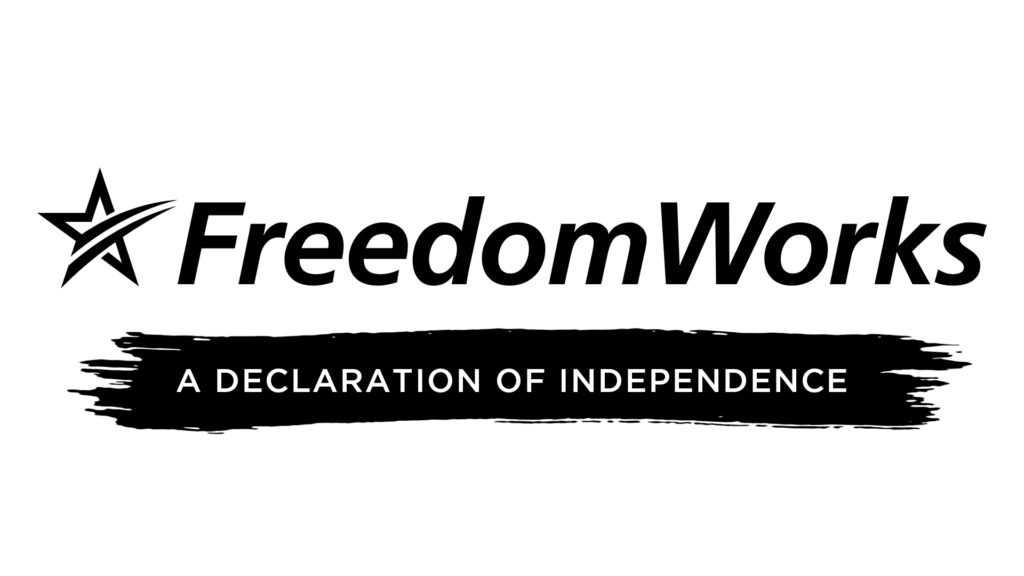
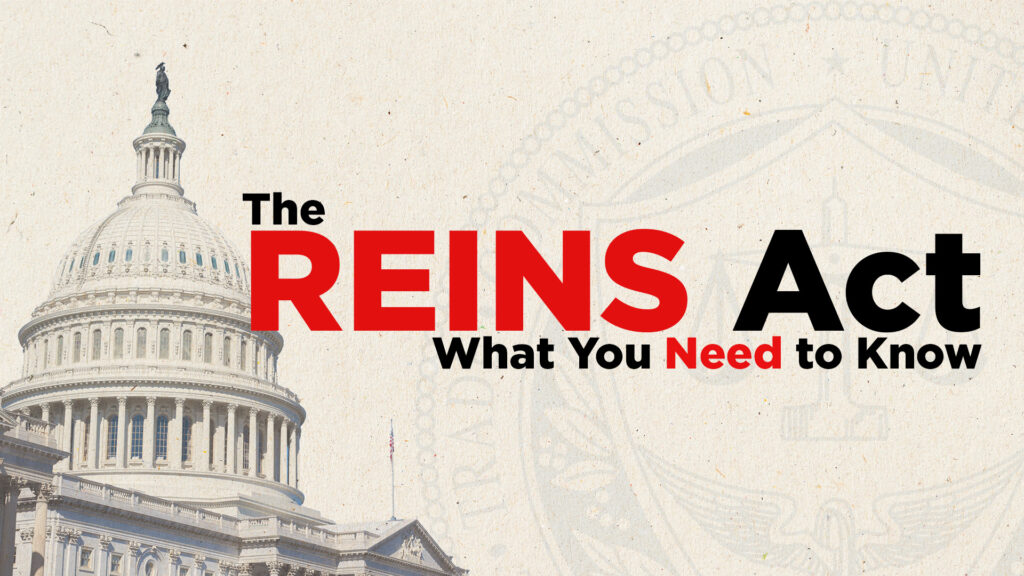
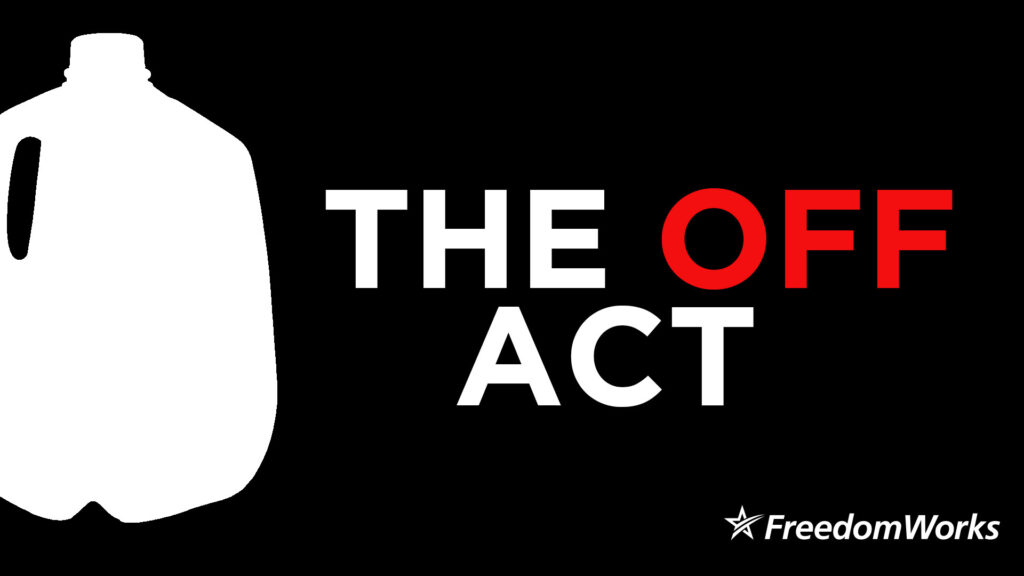
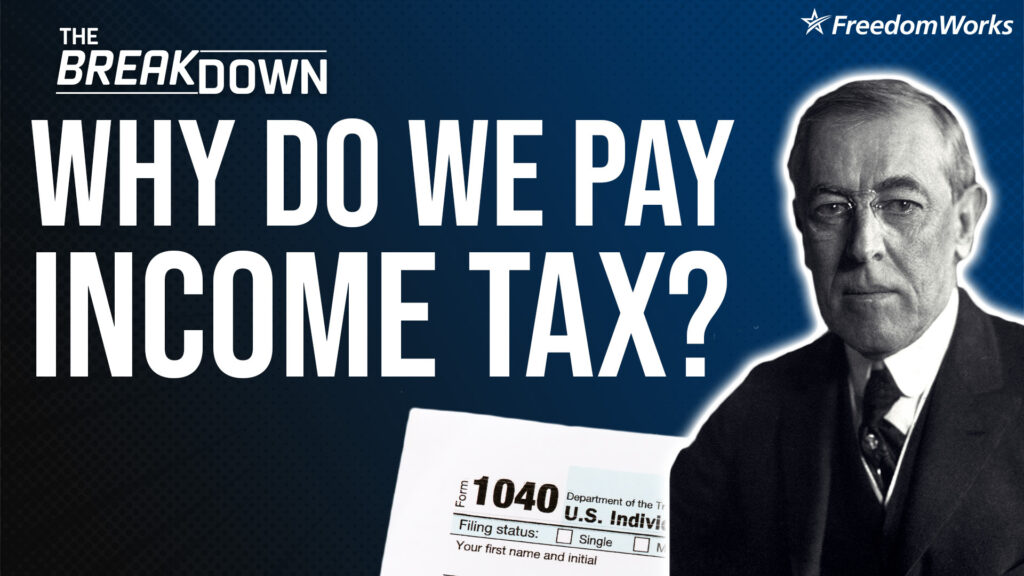






Trending